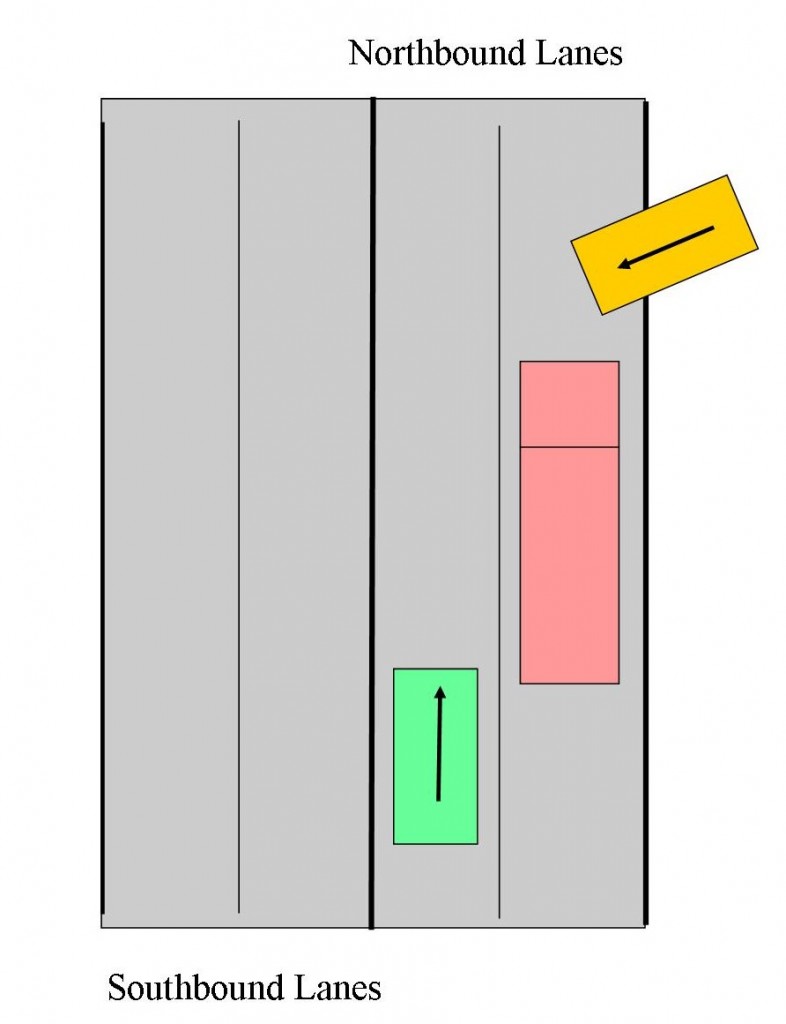Warning stickers for the use of the word “them”
"Language is the source of misunderstandings."
Antoine de Saint-Exupery (1900 - 1944)
As I read the news these days, I am struck by the great power that is exercised by categorizing groups of people into “us” and “them.” The use of the word “them” so often seems like such an innocent and natural thing to do, but look what happens when we divide people into “us” and “them.” We give the benefit of the doubt to those in the “us” group. We take better care of the “us” people. We tend to trust the “us” people, even when we don’t really know who they are. We are rude to those in the “them” group. We tend to not trust those outsiders. We instinctively twist their words to mean something other than what they say, often the opposite of what they meant. We exclude “them. Many of “us” feel hostility toward the “them” people, ranging from annoyance to things much more terrible. Many of “us” feel justified treating “them” people as though they were farm animals, or worse. Maybe this tendency comes from ancient biological roots. Regardless, we need to learn to see around our own corner--we could do so much better than we tend to do these days. And perhaps some might argue that it is not the choice of a word that divides us, but that the word choice merely recognizes pre-linguistic instincts. To the extent that this is true, it is my belief that the choice of the word "them" locks in such pre-linguistic tendencies, making them seem more stark, more real. This subtle early linguistic move of categorizing people into the “them” category has great power to harm, power of which we are usually not aware when we make that quick initial decision to place people into the outgroup category. The dangers sticking someone into the “outgroup” is well known to psychologists. On the streets, though, we make “us” versus “them” categorizations without much thought, and then down the road, sometimes way down the road, many of us pay a big price for our thoughtless choices to use such a powerful word. The choice of the word “them” is often careless and even thoughtless, but great evil can result. That’s the thing about the greatest evils of the world: the greatest evils don’t usually result from conscious intent or malice. Rather, they usually result from lack of thought, lack of conscious attention. I’ve written about these concerns before—for example, I once suggested that all humans should refer to themselves as “Africans,” an scientifically-justified categorization that might avoid much of the conflict we now see between non-existent “races” of people. And see here. I suspect that much of our social distress, “racial” and cultural, is a result of failing to use the word “them” with the care it deserves. Here’s what I interpret to be another recent example. Perhaps the word “them” should always come with some sort of warning sticker (I haven’t figured out the logistics, of course). The warning would go something like this:Careless use of the word "them" often divides humanity into ingroups and outgroups, setting the stage for highly polarized conflict, which often escalates into violence. “Them” is a powerful work that should always be used with great care.

